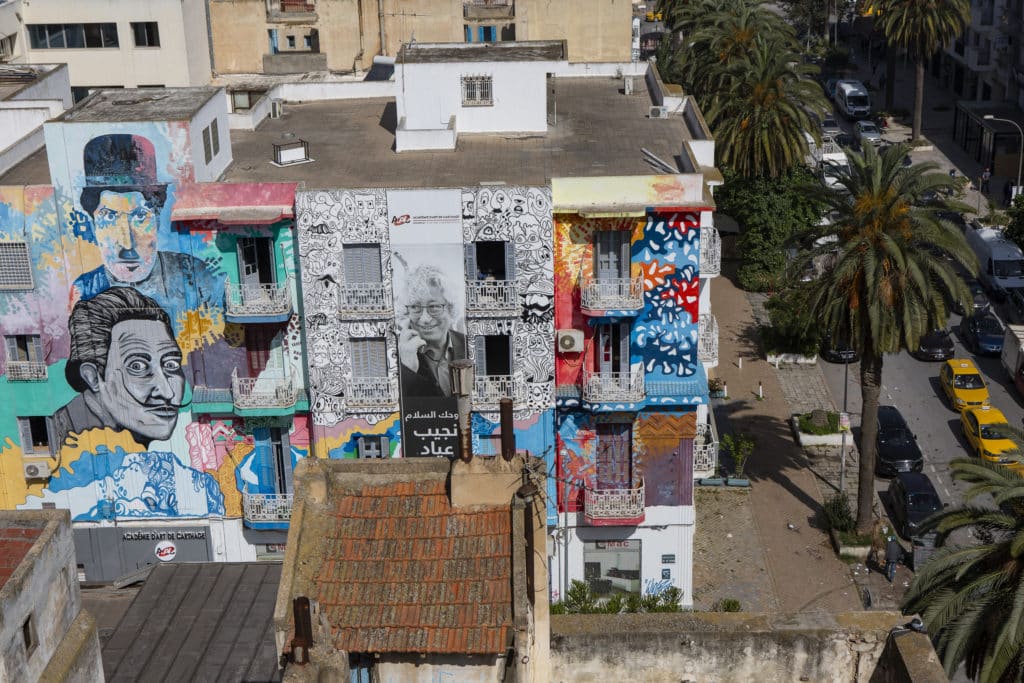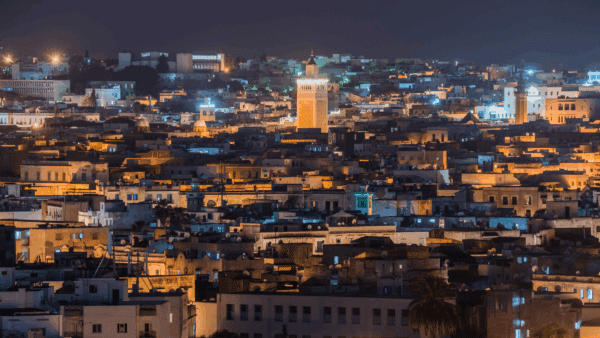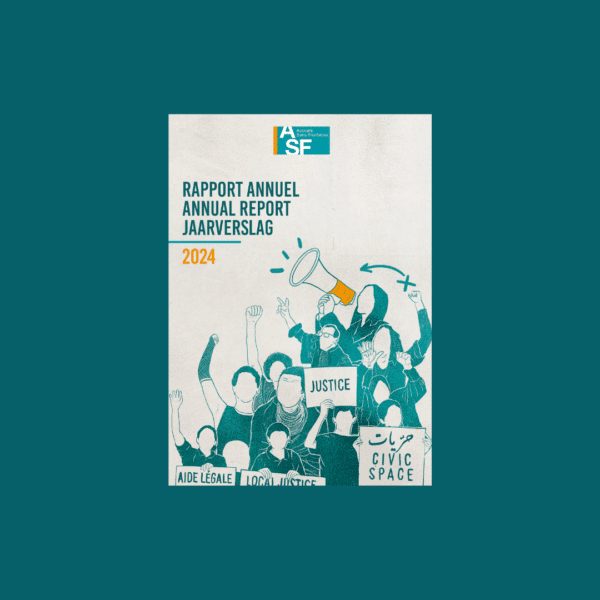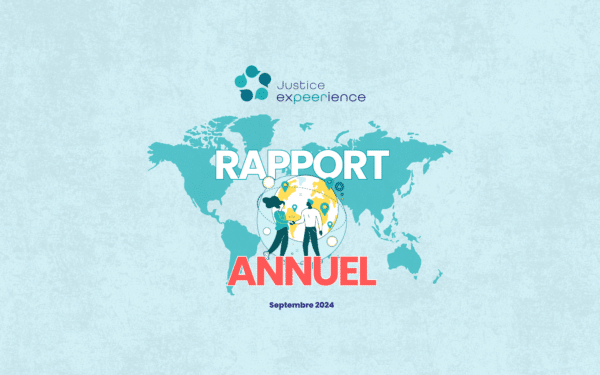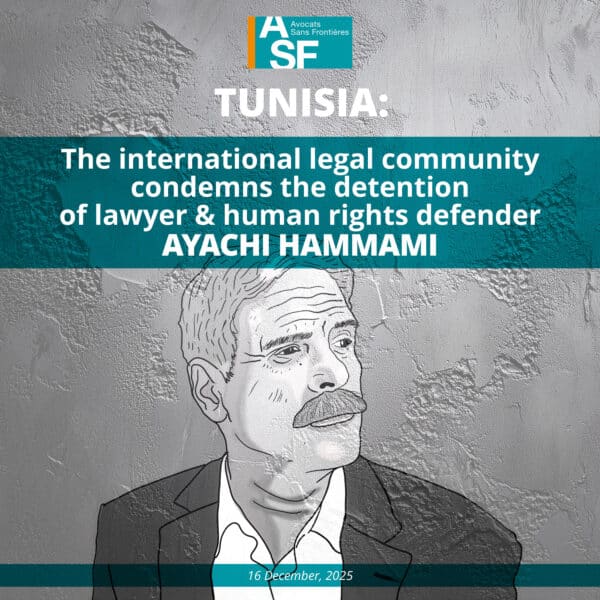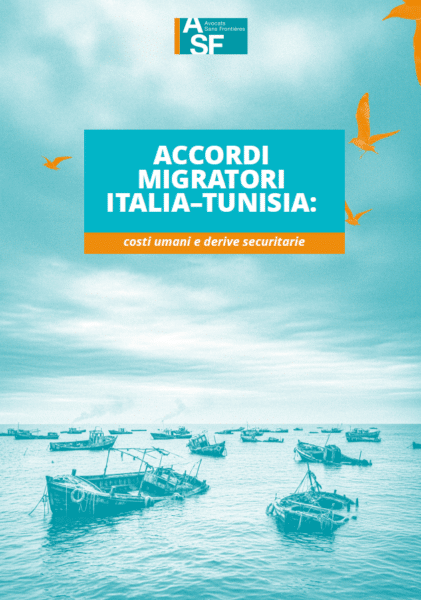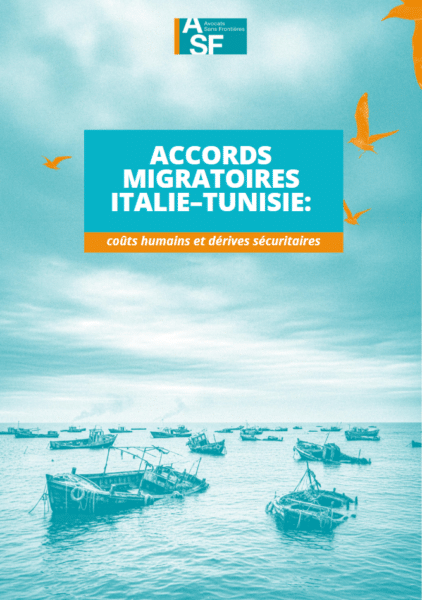Context
Almost three years after the 2011 revolution, Tunisia was emerging from a long period of transition, which led to the adoption of a new Constitution (in December 2014) and new institutions, the establishment of a democratically elected parliament and the election of a new President.
Tunisia had then embarked on a democratic transition led in particular by civil society after several decades under the autocratic regime of Ben Ali. Priorities at the time included:
- Bringing legislation into line with international standards;
- Improving the independence and impartiality of the judiciary;
- Improving access to justice and state legal aid;
- Reform of the Code of Criminal Procedure, including Article 13 guaranteeing the systematic presence of a lawyer in police custody;
- Extending and respecting civil liberties;
- Respect for the rights of the defence and a fair trial;
- Implementation of the mechanisms put in place to deal with the past: enabling victims to be rehabilitated and providing justice for the State crimes committed during the dictatorship and the revolution (Truth and Dignity Commission and specialised chambers).
This transition, despite its many advances, struggled to fulfil all its promises, encountering a great deal of resistance. It was brought to a sudden halt on 25 July 2021, when President Kaïs Saied activated Article 80 of the Constitution. Based on a very broad reading of its provisions, the President established a state of emergency, starting to dismantle the institutions that had emerged from the 2011 revolution. Parliament and the constitutional bodies were dissolved. The President granted himself full powers by decree and unilaterally ratified a new Constitution, passed by referendum under deleterious conditions.
The new consitution grants more power and competences to the executive power to the detriment of the legislative and judicial powers, which have been considerably weakened. At the same time, civil society and the checks and balances have been under attack, through the use of the security apparatus and the repression of opponents, the press and trade unions. The hateful rhetoric of the regime has also contributed to fueling campaigns of racist violence against sub-Saharan Africans.
ASF’s intervention
It is in this difficult context of shrinking civic space and repeated attacks on fundamental rights and freedoms that Avocats Sans Frontières continues to work, with its partners, as close as possible to local populations to defend its mandate, promote access to justice and human rights, in particular by working with populations in a vulnerable situation (gender and sexual minorities, migrants, women, minors, detainees, etc.).
***

